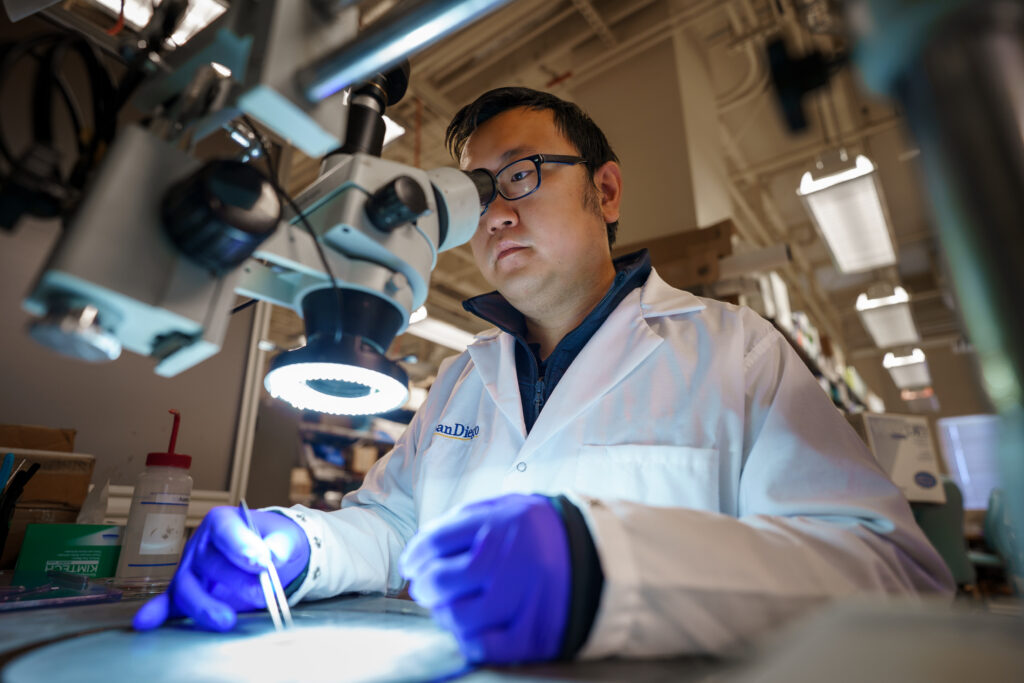Heart disease remains a significant health concern globally. Recent advancements in heart specialist treatment have offered improvements for patients seeking better outcomes and an enhanced quality of life. From minimally invasive procedures to innovative technologies, the landscape of cardiac care is evolving. Here are some recent breakthroughs in heart treatments and how they benefit patients:
Minimally Invasive Procedures
Today, minimally invasive procedures are transforming patient recovery times and experiences. Techniques like transcatheter aortic valve replacement (TAVR) allow doctors to replace a damaged heart valve using a small incision, significantly reducing recovery periods. Advancements in robotic-assisted heart surgeries enhance precision, resulting in shorter hospital stays.
These methods not only offer quicker recovery but also reduce the risk of complications. Patients often find themselves back on their feet much faster compared to recovery periods associated with traditional surgeries. By addressing heart conditions with less invasive tools, healthcare providers are opening new doors for those who might not have been eligible for extensive surgical interventions in the past.
Innovations in Medications
Managing heart failure has been challenging for both patients and physicians. Recent developments in medication are making a difference. Newer classes of drugs are showing impressive results in helping patients with heart failure. These medications help maintain better cardiac function and alleviate symptoms.
Lifestyle Changes Advice
Medicine and technology are only part of the equation. Lifestyle changes continue to play a pivotal role in preventing and managing heart disease. Eating a heart-healthy diet not only supports overall wellness but also helps reduce risk factors like high cholesterol and blood pressure. Regular exercise helps improve circulation and strengthen the heart muscle, while quitting smoking significantly reduces cardiovascular risk.
For those unsure of where to start, minor adjustments to daily routines can have a significant impact. Walking more often or swapping processed snacks for fresh fruits is often a manageable first step toward a healthier lifestyle. These changes are typically recommended in conjunction with medical treatments, creating a comprehensive approach to heart care.
Improved Telehealth Accessibility
Access to cardiac care is improving dramatically with the rise of telehealth. For patients in rural or underserved areas, seeing a heart specialist has sometimes required significant travel. Virtual consultations alter this dynamic by making medical expertise more accessible. Patients can now connect with cardiologists from the comfort of their own homes, saving time.
Telemonitoring devices are also enhancing care. Wearables, such as smartwatches and portable ECG monitors, track heart rate and other signs in real-time. This data enables healthcare providers to identify issues early and adjust treatments as necessary. These tools are especially helpful for patients managing chronic conditions, providing clarity and empowering them to take charge of their health.
Visit a Heart Specialist for Cardiac Care
Advancements in heart treatments are improving outcomes and transforming lives. Minimally invasive procedures help patients recover more quickly. New medications offer effective options for managing conditions like heart failure. Lifestyle changes remain an invaluable tool for prevention and management, while telehealth expands access to care. Together, these innovations provide a powerful combination of solutions. Speak with your healthcare provider about these options and explore what works for you.

